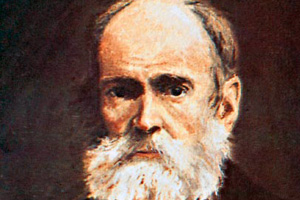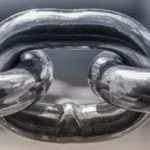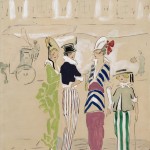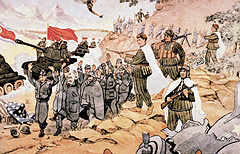After the organization of the country, the flow of liberal thought settled strongly in it. It wasn’t anymore just a topic of debate in the numerous writings of intellectuals that went around at the time, but the ideas of liberalism became tangible facts that promoted a reform of the society.
During this time, a set of laws was issued which facilitated the amplification of public and individual liberties. The Constitution of 1833 suffered important changes, principally to reduce the influence of the Catholic Church over the State and citizens. It was about letting all the inhabitants of the territory act and manifest themselves without religious conditions.
In addition, some laws enacted during the Liberal Republic established the bases of the political period that our country later would have to go through: the parliamentarianism. Some of the constitutional reforms gradually increased the power and attributions of Congress, leaving behind the authoritarian figure of the President.
On international matters, it was necessary to resolve important bordering differences with our neighbor countries. While in Argentina, the resolution of discrepancies was made through the diplomacy, unfortunately Peru and Bolivia resorted to the use of arms, thus originating the war of the Pacific.
Economical Opening
The liberal influence also affected the economical area. Entrepreneurs and directing groups started to gradually demand greater concessions from the State. The paternalistic role of the government didn’t agree with the prevailing ideologies, therefore the liberal governments looked after the enactment of measures so that people and entrepreneurs could conduct their business and compete with no obstructions. In fact, the economical opening extended to international trade, avoiding the protectionism and decreasing the taxes of products entering our country from other latitudes.
The economy expanded and the activities done in the territory became diverse. An incipient industry was appearing, new crops were incorporated and the production of agriculture and cattle was boosted with the opening of other markets.
In despite of the negative influence that the economical crisis had on our country in 1878, the liberal period reported a more positive than negative balance in relation to the treasury, especially with the resources obtained from mining.
The exploitation of copper, silver and saltpeter soon became the activities that generated more dividends to the country. Between 1870 and 1878, the exploitation of the Caracoles silver mine, discovered by Ramon Mendez, and also work began at the saltpeter deposits found in the Atacama desert by Jose Santos Ossa.
In the following, we detailed the main facts and works done during the liberal governments of Jose Joaquin Perez, Federico Errazuriz Zañartu and Domingo Santa Maria.
We exclude from this exposition the government of Jose Manuel Balmaceda, who, although is part of this period, will be addressed in the next fascicle of our collection.








 Termina la Guerra de Corea
Termina la Guerra de Corea